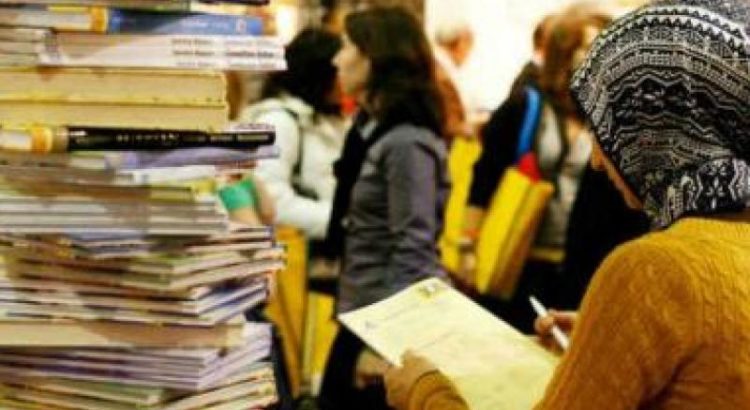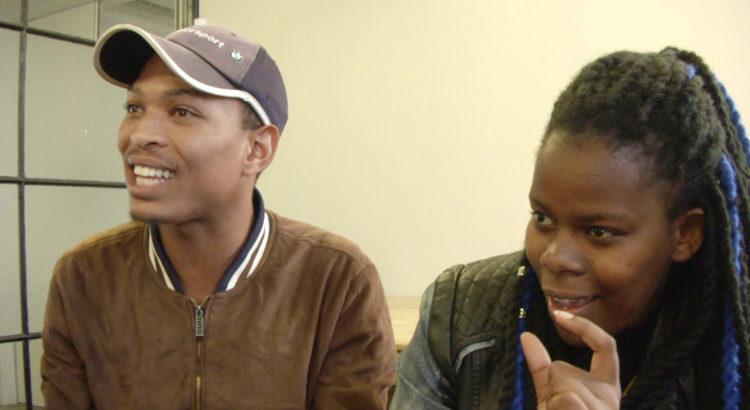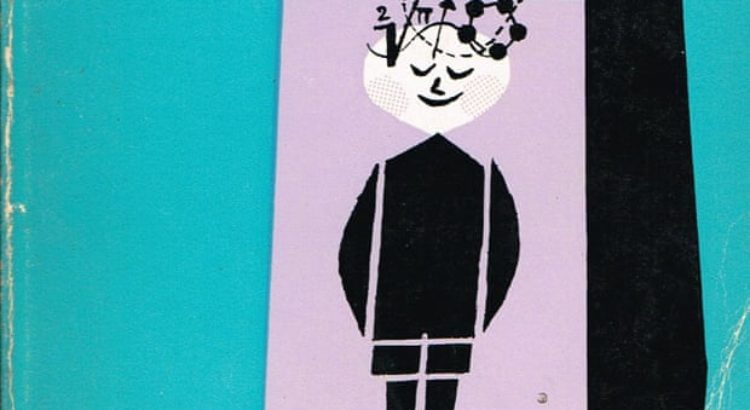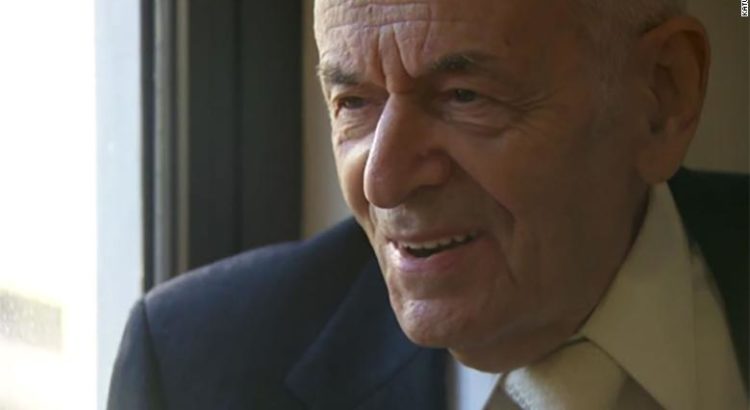Asia/ India/ 07.11.2018/ Source: www.deccanchronicle.com.
Singapore has the best education in science and math in the world, followed by Finland, Switzerland, Lebanon, Netherlands, Qatar, Belgium, Estonia, Honh Kong and the US, according to the World Economic Forum. India stands at the 37th position.
The quality of math and science education depends upon public funding and the education system.
The countries ranked up to 36 spent more than 6 per cent of their GDP on education against 3.3 per cent in India.
“Our education system gives more stress on marks and grades rather than quality. Our education policy should be changed to address quality concerns,” an expert said.
Dr Srini Bhupalam, an education expert, said, “It has been proven that quality of education can be provided pretty effectively to small populations.”
“If you look at the list, most of the countries population is very small. It’s always a challenge to do the same for very large populations. Nevertheless we have a lot of scope to do better,” he added.
He said Indian students were good at reproducing on paper due to rote learning. “We cannot expect any change in our rankings until the method of teaching is transformed into practical, concept and application based,” he said.
“Our testing and evaluation methods also need to be transformed to measure students understanding and application for creative problem solving,” Dr Bhupalam said.
Dr Narsimha Reddy, Principal, Hyderabad Public School, said, “Small countries are progressing in science, math and technology. The government must take education as a challenging field. The curriculum and methodology should be altered to teach science and math’’.
He said most teaching happens to score marks. “What, why, where, when and how are the most important questions in science and math. How many schools are really making students curious and inquisitive,” Dr Reddy asked.
He said hands-on experience was given top priority in developed countries.
“What facilities are available in our schools. Teachers are busy finishing the syllabus and parents are worried about marks. Curriculum and pedagogy have to be changed,” Dr Reddy said.
Not everyone was in agreement that Indians did poorly in maths.
P. Obul Reddy Public School principal Anjali Rajdan said Indian students do very well in maths but the WEF ranking did not reflect it.
“I can accept the ranking in science as our labs and infrastructure are not at par with other countries, so standing 37th is humbling.”
Source of the notice: https://www.deccanchronicle.com/nation/current-affairs/041118/india-ranks-37-in-quality-of-education.html














 Users Today : 14
Users Today : 14 Total Users : 35460277
Total Users : 35460277 Views Today : 19
Views Today : 19 Total views : 3418987
Total views : 3418987